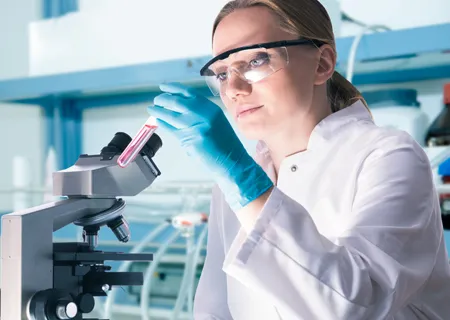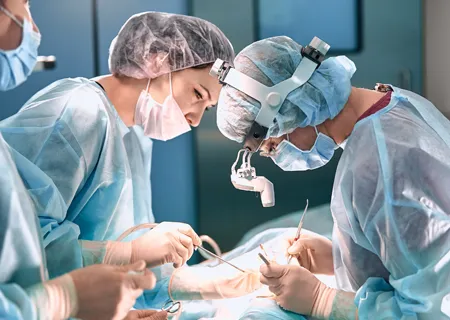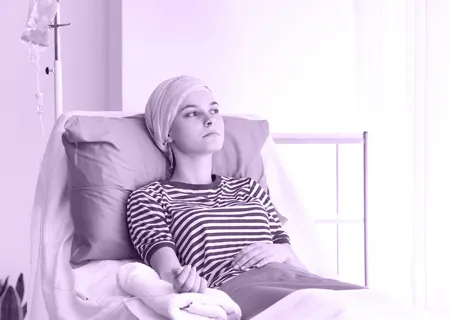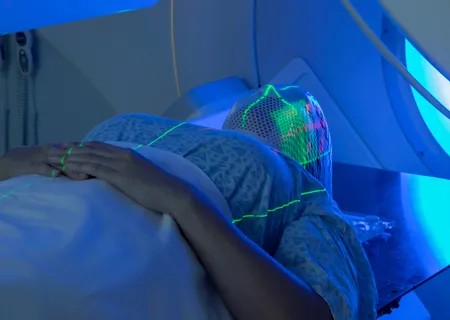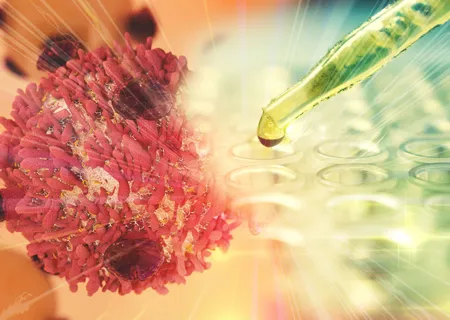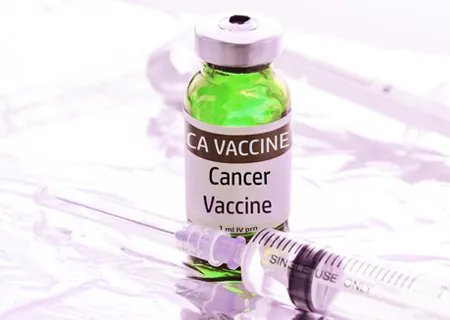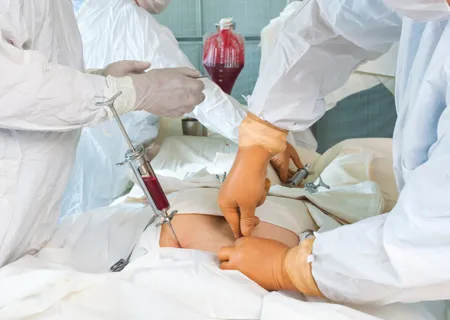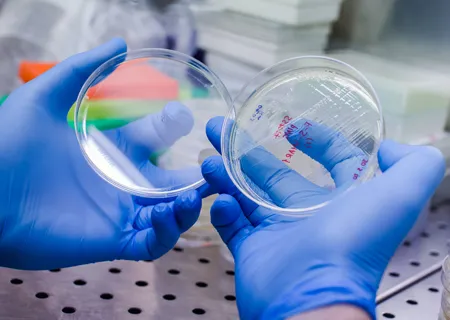PRECISION MEDICINE
Precision oncology allows for targeted therapy based on a person’s molecular and genetic characteristics. We know that cancer is an extremely heterogeneous disease – both between patients and even within the cancer cells of an individual patient. Precision oncology is based on the premise that there is no “one size fits all” treatment.The goal of precision medicine is simply to deliver the right cancer treatment to the right patient at the right dose and the right time. An early example in solid tumor oncology is the ability to test for HER2 positivity as defined as fluorescent in situ hybridization–based gene amplification or immunohistochemistry to demonstrate overexpression of the protein. Positive results predict response to trastuzumab-based therapies, whereas HER2-negative tumors do not derive benefit from this approach.
